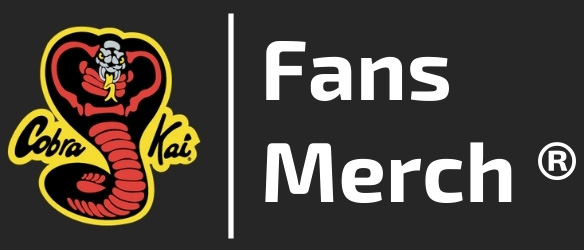Dave Chappelle’s groundbreaking television series, “Chappelle’s Show,” not only captured the essence of early 2000s comedy but also served as a powerful commentary on race, politics, and society. Through its unique blend of humor and social critique, the show pushed boundaries and spurred conversations that remain relevant today. Chappelle’s comedic genius allowed him to tackle complex subjects with nuance, delivering messages that resonated deeply with audiences. Each sketch was a thought-provoking exploration of societal norms and an unflinching examination of America’s cultural landscape.
Exploring Race Through Satire
One of the most significant aspects of “Chappelle’s Show” was its fearless approach to discussions about race. Chappelle utilized satire to shine a light on the absurdities and injustices embedded in racial relations. Sketches like the iconic “Charlie Murphy’s True Hollywood Stories” not only entertained but also highlighted the stark contrasts in how different races are perceived and treated in the entertainment industry. By presenting these narratives through his unique comedic lens, Chappelle encouraged viewers to reflect on their own beliefs and biases, opening up dialogue about race in America that was both engaging and eye-opening.
Political Commentary and Social Issues
Beyond race, Chappelle’s incisive commentary on politics struck a chord with audiences. The show’s sketches often addressed contentious issues such as police brutality, presidential elections, and social justice movements. One memorable skit featured a fictional black president navigating the complexities of his position while facing scrutiny and doubt from both allies and adversaries. This narrative not only provided humor but also articulated the frustrations many felt at the time, making poignant statements about representation and race relations in political spaces. Chappelle’s ability to weave sharp commentary into his comedy helped elevate the conversation around these pressing issues, proving that laughter can indeed be a catalyst for change.
Cultural Impact and Legacy
The lasting impact of “Chappelle’s Show” is evident in how it shaped both comedy and cultural discourse. The show’s fearlessness in addressing uncomfortable topics inspired countless comedians to incorporate social commentary into their work. Chappelle’s ability to make people laugh while simultaneously challenging their perceptions left an indelible mark on the industry. In the years since its original run, many elements of the show have become part of popular culture, often quoted or referenced in discussions about race, politics, and society. Additionally, merchandise such as the “Chappelle’s Show” store continues to celebrate the series, allowing fans to keep the spirit of the show alive while expressing their appreciation for its pioneering work.
The Show’s Relevance Today
As dialogues surrounding race and social justice continue to evolve, the lessons from “Chappelle’s Show” are more pertinent than ever. In a world grappling with systemic issues, Chappelle’s approach reminds us of the importance of humor as a tool for understanding complex realities. While the show concluded its original run in 2006, Chappelle’s subsequent works, including his Netflix specials, have continued this legacy of challenging societal norms through comedy. By blending laughter with thought-provoking commentary, Chappelle has proven that comedy can be both entertaining and transformative, encouraging audiences to confront uncomfortable truths while simultaneously laughing at the absurdities of life.

